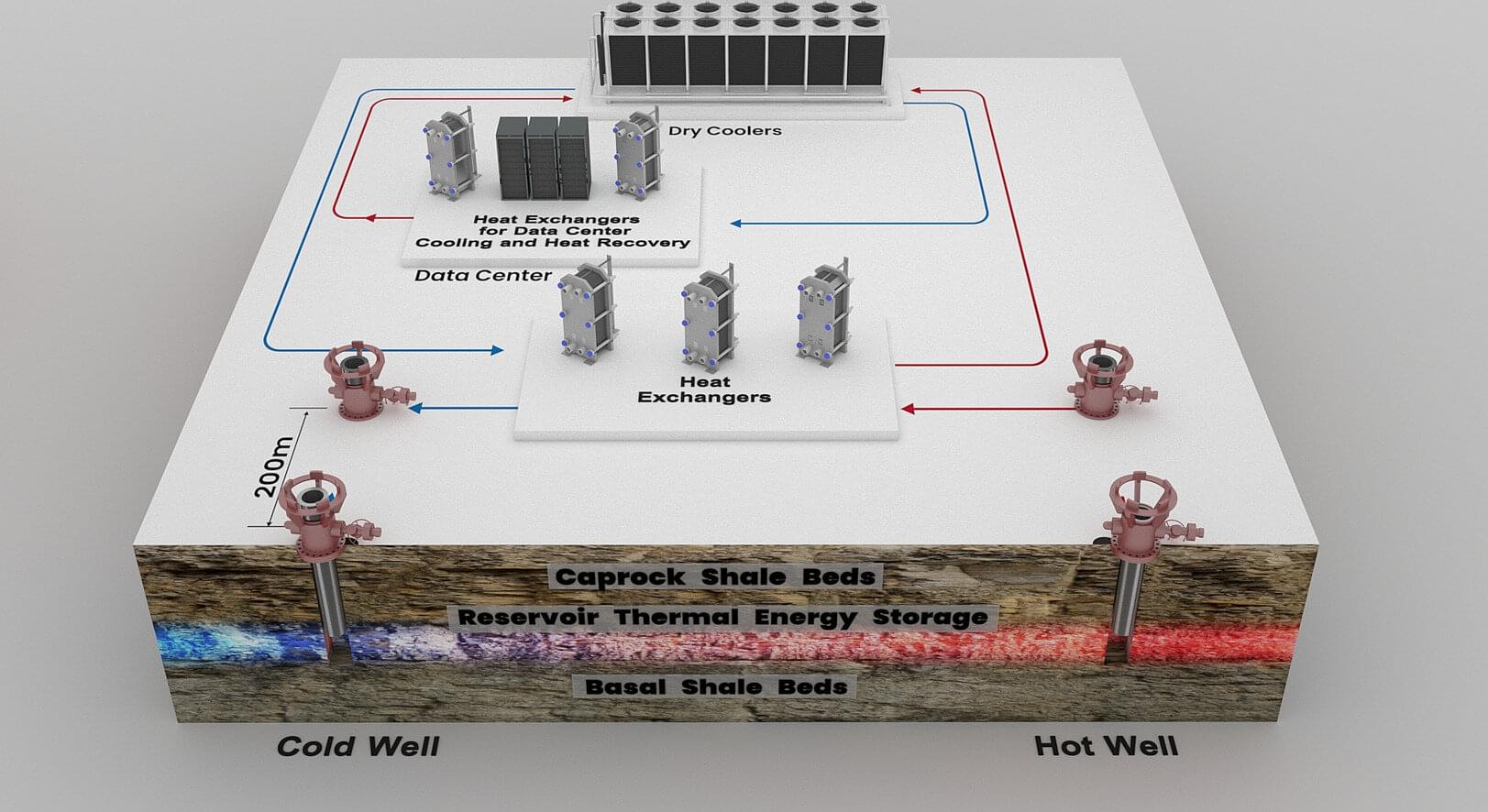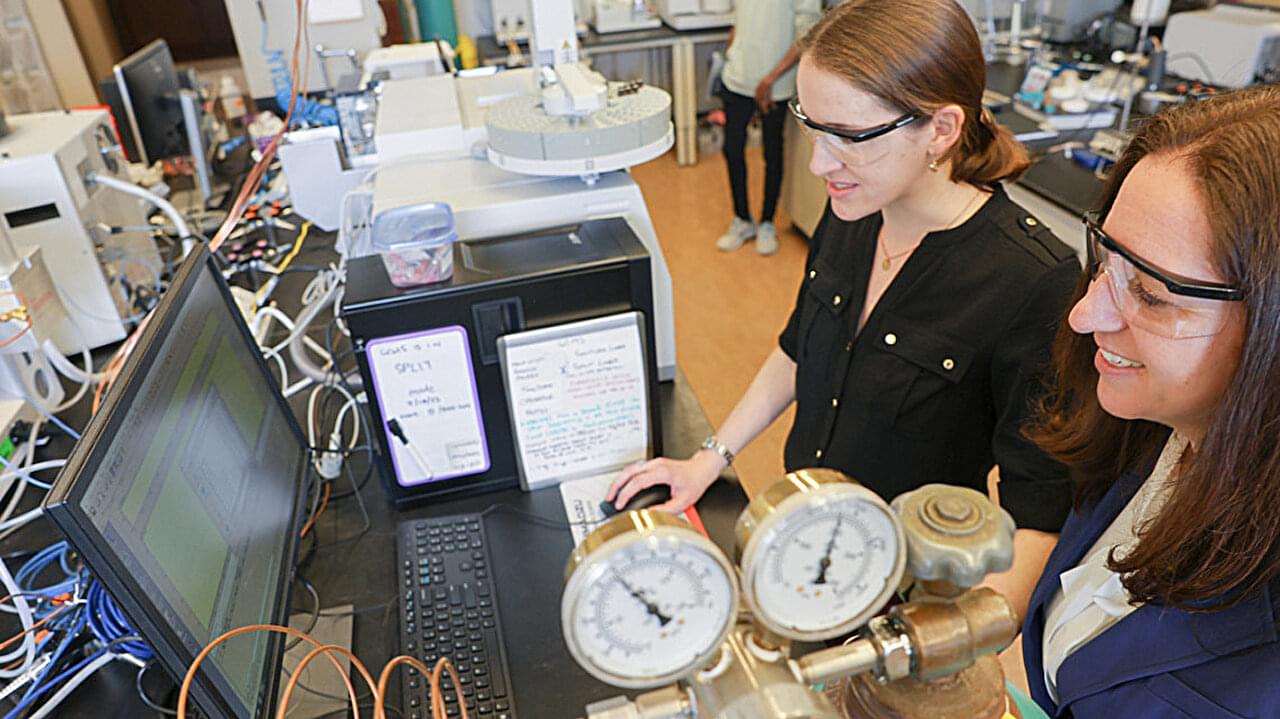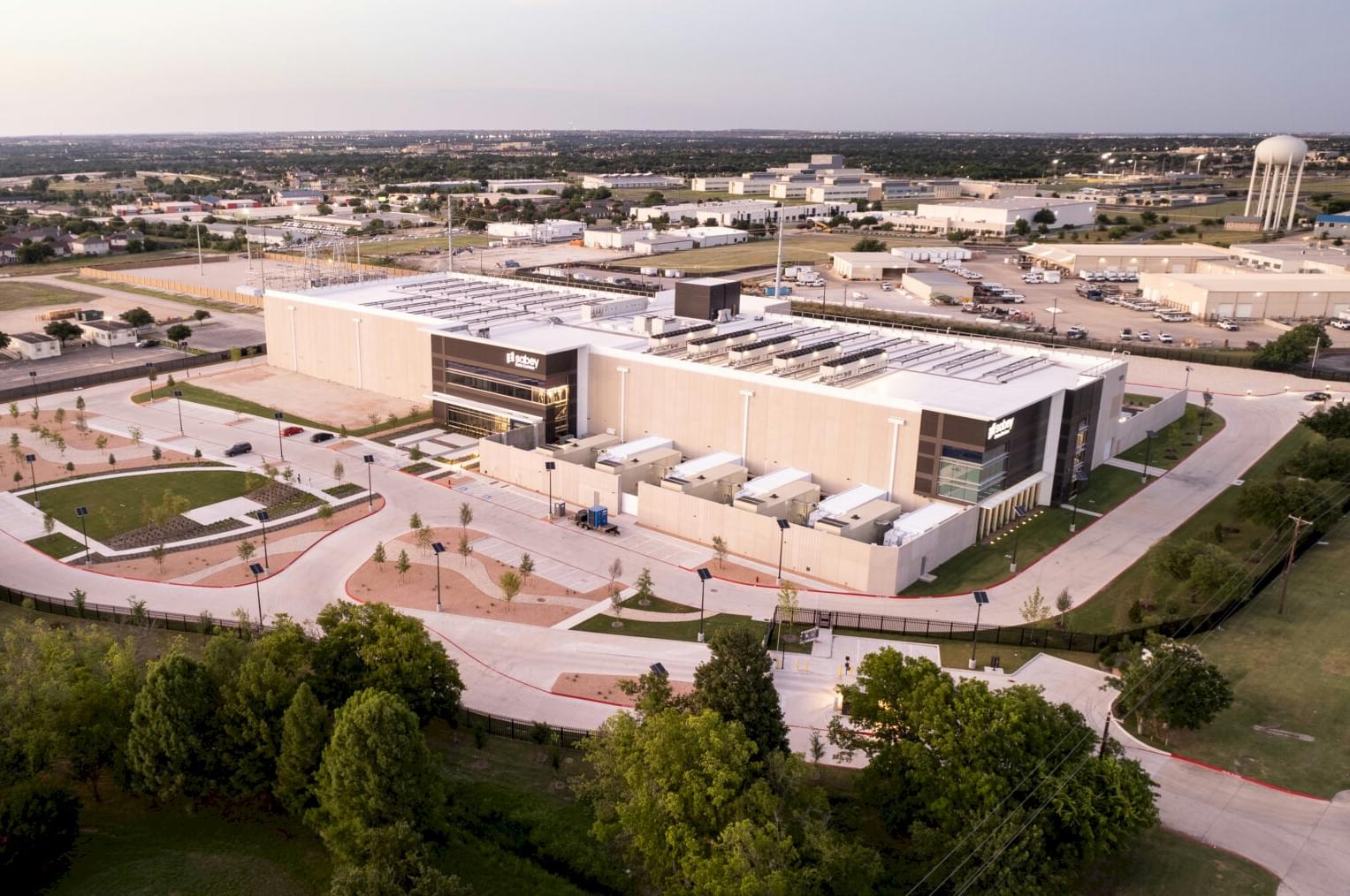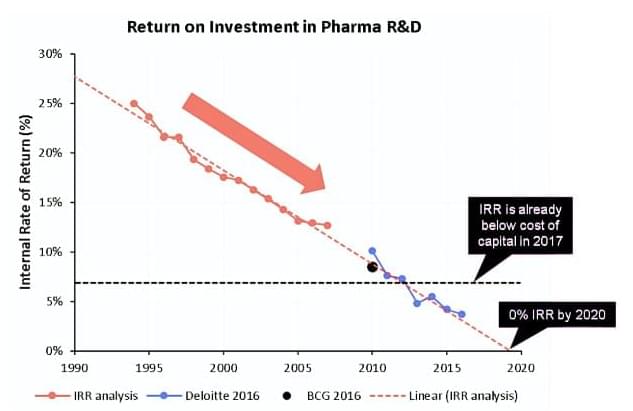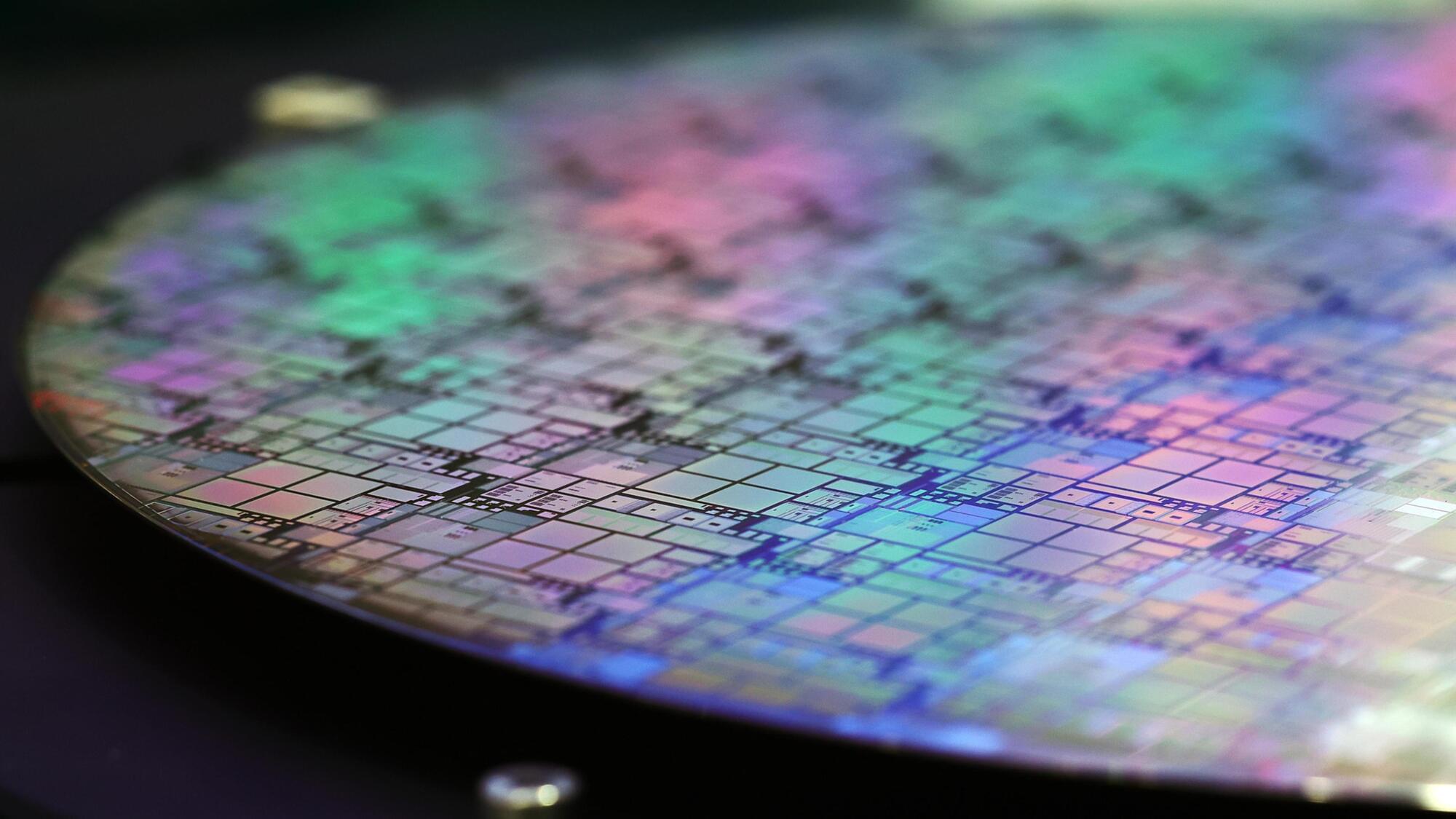Foxconn, one of NVIDIA’s largest supply chain partners, has reportedly received orders for AI clusters around Google’s TPUs, marking a significant shift for the Taiwanese manufacturer.
There’s no doubt that the buzz around ASICs, especially after the release of Google’s latest Ironwood TPU platform, has become increasingly mainstream. More importantly, Google’s TPUs are rumored to be on the verge of adoption among several companies, with a notable name being Meta. This is why TPUs are evolving into a platform that is now targeting external adoption. According to a report by the Taiwan Economic Daily, Foxconn has received orders for Google’s TPU compute trays and will also collaborate on Google’s ‘Intrinsic’ robotics plans.

